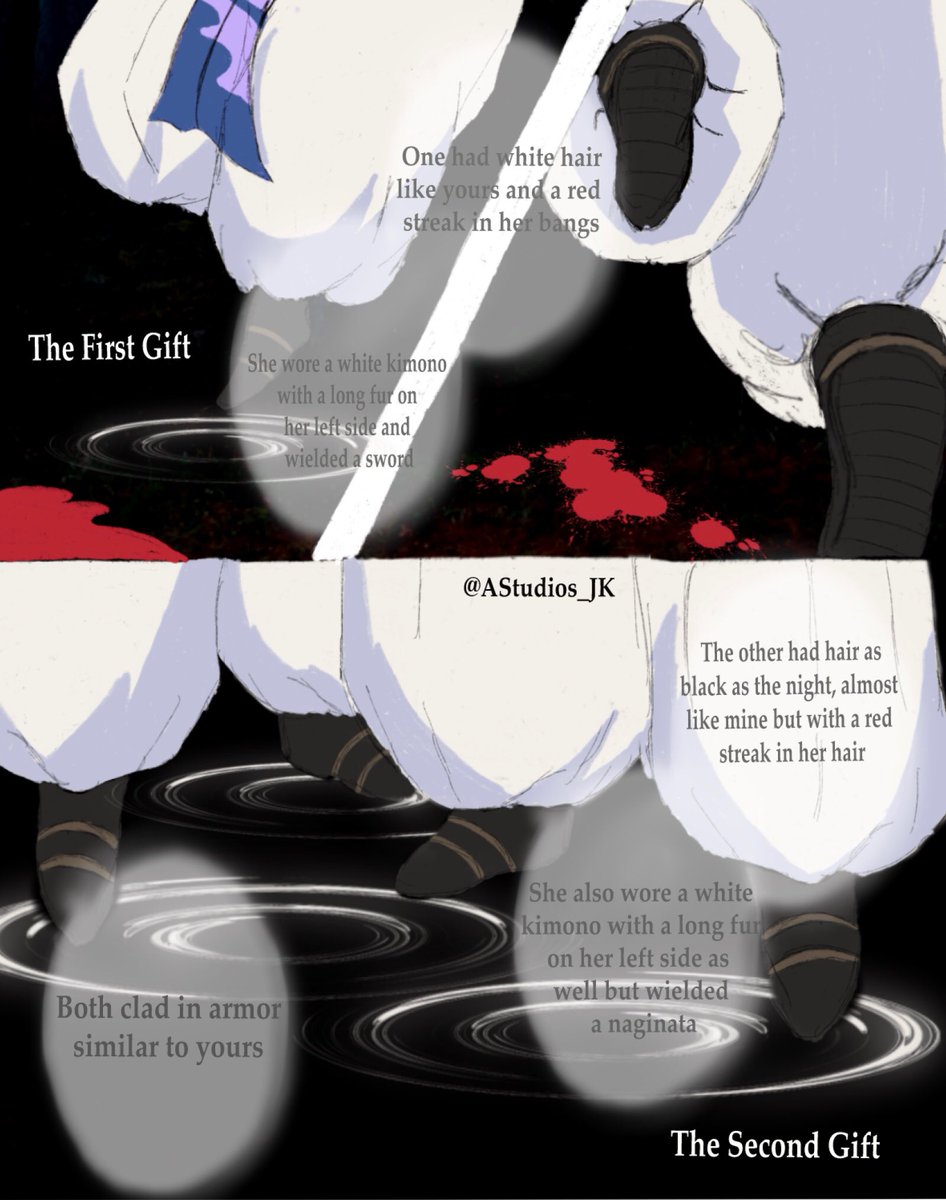

«Marion settles into the life of a ruler.»įantasy, Bi-sexual, Consensual Sex, Death, Exhibitionism, Hardcore, Pregnant, Romance, Threesome Science-Fiction, Authoritarian, Blowjob, Cum Swallowing, Domination/submission, Fan fiction, Group Sex, Older Male / Female, Oral Sex, Spanking «Amy likes 3 things: Scotsmen, spankings, and sucking cock.»
Amy Gets Her Fill of Doctor - Chapter 2. True Story, Blowjob, Cum Swallowing, Hardcore, Incest, Oral Sex «Mom catches me getting a blowjob, and forgets what it's like to be young. Although you could begin at the beginning of this story and it will make sense, it will make more sense if you read the original story of when this affair began, it is Farewell Lunch.» «The continuing story of my wife's affair with a man she use to work with. The media’s responsiblity in Quebec as elsewhere is to cut to the truth, not present one side of it to the exclusion of the other.Fiction, Consensual Sex, Erotica, Female/Female, First Time, Lesbian, Oral Sex, Reluctance, Teen, Teen Female/Teen Female, Youngįantasy, Anal, Blowjob, Consensual Sex, Cum Swallowing, Romance, Wife There are no doubt many who are sympathetic to the strikers largely because they can’t bring themselves to side with the premier.īut those who support the students should be careful what they wish for: Mob rule is never preferable to democratically elected governments. For another, much of the Quebec media, left and right, have grown increasingly critical of the scandal-plagued administration of Jean Charest. The fight for a sovereign Quebec was similarly romanticized for decades its leading protagonist, René Lévesque, was a former journalist. Why? For one thing, it’s easy for the Quebec press to fall back on the romantic notion of the struggling students, whose left-of-centre politics dovetail with many of their own views. But most opinion leaders appear to be supportive of the students’ point of view. Of course, not all journalists have given the students a pass: Montreal radio host Benoît Dutrizac called on Nadeau-Dubois and his colleagues to quit in order to resolve the strike, and columnist Richard Martineau has been an outspoken critic of the strike from the start. The most visible faces in the media have been those of the young, telegenic student leaders, most notably Gabriel Nadeau-Dubois, who was greeted like a rock star on the province’s marquis evening talk show, Tout le Monde en Parle. 
Since the beginning of the strike, the firm estimates that fully 95% of the media’s attention was paid to the voices representing the red. The Influence Communications study found that in the last month, 75% of media reports focused on the “red squares” opposing the tuition increases, 15% on the white squares who want a resolution of the dispute, and a scant 9% on the green, who reject the students’ demands. But the fact remains that the Quebec press has given the lion’s share of attention to the strikers. In a recent interview with CTV’s National Affairs, John Gomery, now head of the Quebec Press Council, when asked whether the media has taken sides in this conflict, responded, “I think they’ve been pushed around the trouble is each side thinks the press is favouring the other side.” He cited reports of photographers being intimidated by both protesters and police.

Article contentīut it is the coverage by Quebec media, particularly the French press, which matters most in this debate, and where fairness is of key importance. This advertisement has not loaded yet, but your article continues below.







 0 kommentar(er)
0 kommentar(er)
